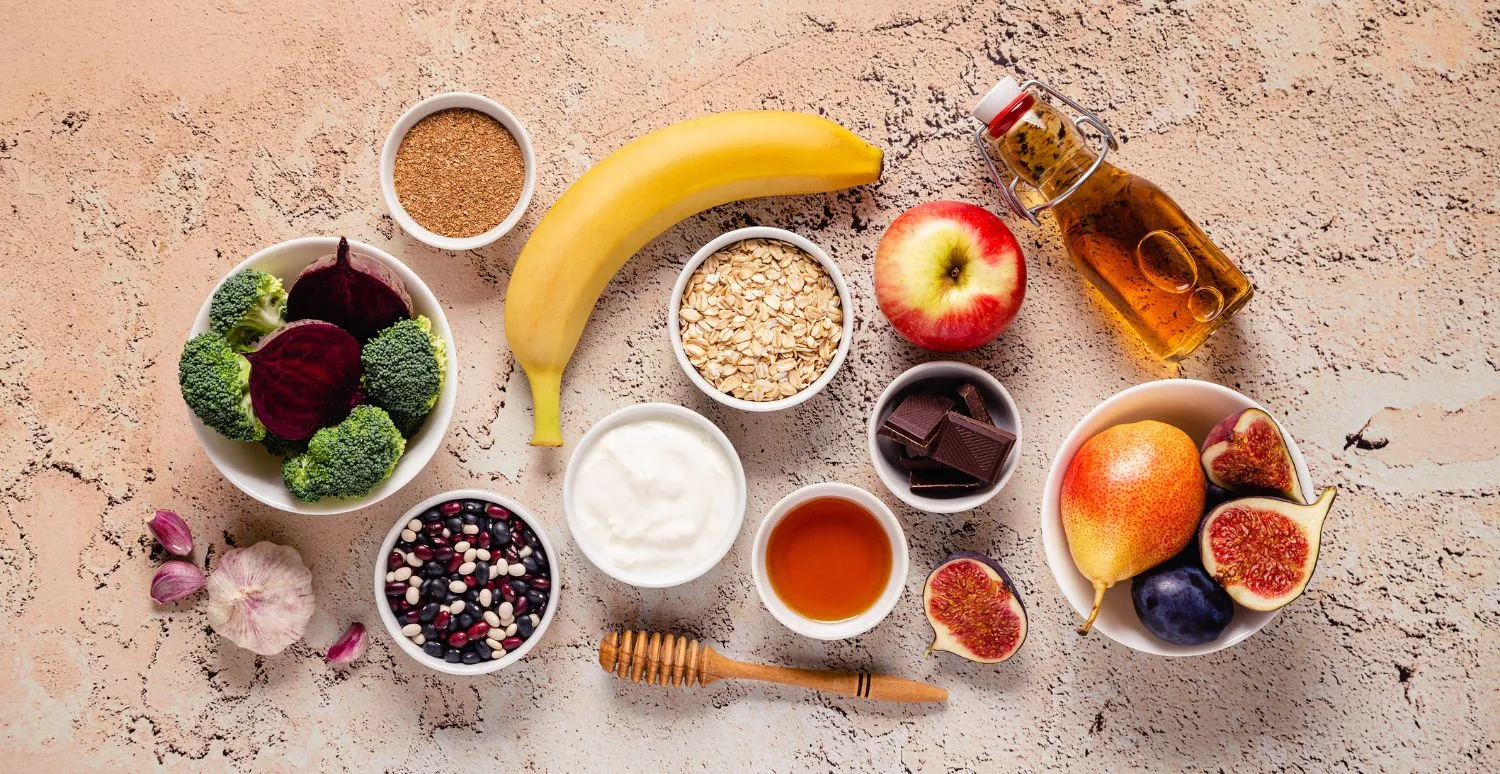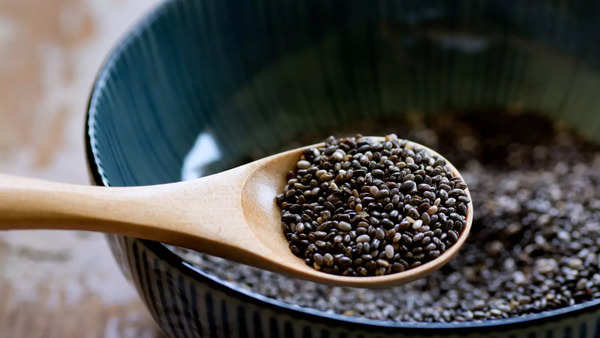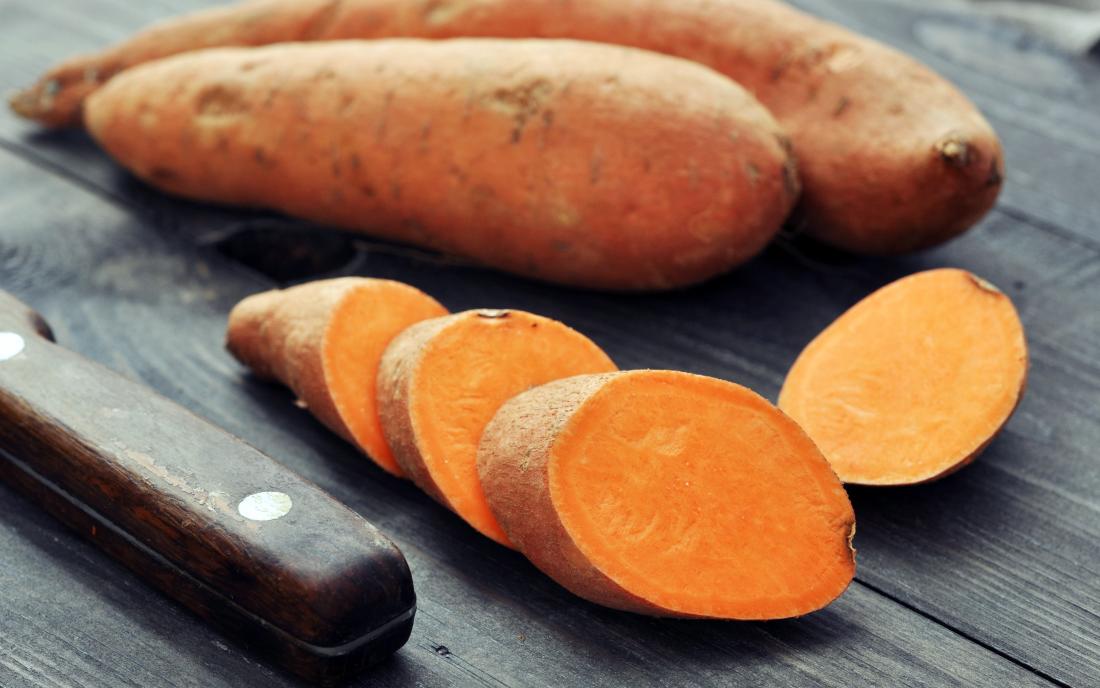
Your gut is home to trillions of bacteria that play a vital role in your overall health, influencing everything from digestion to immune function. Keeping this delicate ecosystem in balance is key to feeling your best.
The foods you eat directly impact your gut health, and incorporating the right choices can help reduce bloating, improve digestion, and even support your mood.
In this article, we’ve compiled 20 of the best foods to nourish your gut and enhance its functionality, giving you a simple way to boost your well-being naturally.
1. Probiotic-Rich Yogurt
Probiotic rich foodslike yogurt is a powerhouse for gut health. It’s made through a fermentation process that adds beneficial bacteria (probiotics) to the yogurt. These live cultures help restore and maintain a healthy balance of gut bacteria, which is crucial for digestion, immunity, and even mental health. Yogurt also contains protein, calcium, and vitamin D, which are beneficial for overall health.
How to Incorporate:
- Add yogurt to smoothies.
- Use it as a base for parfaits or as a topping for fruit and granola.
- Opt for plain yogurt to avoid added sugars and choose full-fat varieties for more beneficial fatty acids.
2. Fermented Foods
Fermented foodssuch as kimchi, sauerkraut, kefir, and miso are loaded with probiotics. These foods are produced by the fermentation of foods using beneficial bacteria and yeast, which not only add flavor but also improve digestion and gut function. The probiotics in fermented foods help maintain the balance of good bacteria in the gut, which is vital for digestion and immune function.
How to Incorporate:
- Try adding sauerkraut to sandwiches and salads.
- Include kimchi as a side dish with meals.
- Drink kefir as a refreshing beverage or blend it into smoothies.
3. Leafy Greens
Leafy greenssuch as spinach, kale, and collard greens are fiber-rich and packed with antioxidants. Fiber is essential for healthy digestion because it feeds the beneficial bacteria in your gut and promotes regular bowel movements. These vegetables also help reduce gut inflammation, a key factor in maintaining a healthy gut.
How to Incorporate:
- Add leafy greens to smoothies, salads, or sandwiches.
- Sauté them with olive oil and garlic as a side dish.
- Blend them into soups or stews for added nutrients.
4. Bananas
Bananas are rich in prebiotics, a type of fiber that feeds the good bacteria in the gut. They’re also easy to digest, making them an excellent choice for people with sensitive stomachs. Bananas contain pectin, a soluble fiber that helps regulate bowel movements and reduce bloating.
How to Incorporate:
- Eat bananas as a snack.
- Add them to smoothies for natural sweetness.
- Slice them over oatmeal or mix into pancake batter.
5. Oats
Oats are a fantastic source of soluble fiber, particularly beta-glucan, which helps regulate cholesterol levels and supports healthy gut function. Soluble fiber also helps keep you full for longer and feeds the good bacteria in your gut, promoting digestive health.
How to Incorporate:
- Enjoy oats as a hot breakfast cereal (oatmeal).
- Make overnight oats for a quick, gut-friendly breakfast option.
- Use oats in baked goods like cookies or muffins.
6. Garlic
Garlic is known for its antibacterial, antiviral, and antifungal properties. It contains a compound called allicin, which helps promote the growth of beneficial bacteria in the gut while inhibiting harmful bacteria. Additionally, garlic can help with inflammation and support overall immune health.
How to Incorporate:
- Add raw or cooked garlic to soups, salads, and sauces.
- Roast garlic and spread it on whole-grain bread.
- Use garlic as a seasoning in marinades for meat or vegetables.
7. Ginger
Ginger has been used for centuries to treat digestive discomfortslike nausea, bloating, and indigestion. It has anti-inflammatory properties that help soothe the stomach lining, support healthy digestion, and reduce symptoms like bloating and gas.
How to Incorporate:
- Drink ginger tea or add fresh ginger to hot water.
- Add ginger to smoothies, stir-fries, or curries.
- Use ginger as a spice for roasted vegetables or meats.
8. Apples
Apples are an excellent source of soluble fiber (pectin), which helps to regulate digestion and feed the beneficial bacteria in your gut. They’re also high in antioxidants, which help reduce inflammation in the gut and promote overall digestive health.
How to Incorporate:
- Enjoy fresh apples as a snack.
- Slice apples into salads or pair with nut butter.
- Add them to smoothies for a refreshing flavor.
9. Chia Seeds
Chia seeds are loaded with fiber, omega-3 fatty acids, and antioxidants, all of which help promote a healthy gut. The fiber in chia seeds helps regulate bowel movements, reduce inflammation, and feed beneficial gut bacteria. They also expand in water, creating a gel-like consistency that helps with digestion.
How to Incorporate:
- Make chia pudding by mixing chia seeds with milk or a dairy-free alternative.
- Sprinkle chia seeds on top of yogurt or smoothies.
- Add chia seeds to baked goods for extra fiber.
10. Berries
Berries such as blueberries, strawberries, and raspberries are rich in fiber and antioxidants, both of which support digestive health. The antioxidants help reduce inflammation, while the fiber helps regulate bowel movements and promote a healthy gut microbiome.
How to Incorporate:
- Add berries to smoothies, yogurt bowls, or cereal.
- Snack on fresh berries or add them to salads.
- Make a berry compote to top your favorite desserts.
11. Almonds
Almonds are an excellent source of healthy fats, fiber, and vitamin E. They support gut health by promoting the growth of beneficial bacteria while also providing your body with nutrients that support immune health. Almonds help keep your digestive system running smoothly.
How to Incorporate:
- Snack on almonds or make almond butter for a nutritious spread.
- Add almonds to salads, smoothies, or granola.
- Use almond flour in baking for a gluten-free option.
12. Kefir
Kefir is a fermented milk drink similar to yogurt but with a wider variety of probiotics. It’s an excellent way to introduce beneficial bacteria into the gut, which can improve digestion, reduce inflammation, and support immunity.
How to Incorporate:
- Drink kefir on its own or mix it into smoothies.
- Use kefir in salad dressings or as a base for creamy dips.
- Add kefir to your morning bowl of oats or cereal.
13. Sweet Potatoes
Sweet potatoes are rich in fiber, vitamins, and antioxidants that support a healthy gut. The high fiber content helps regulate bowel movements, while the antioxidants reduce gut inflammation and promote overall digestive function.
How to Incorporate:
- Roast sweet potatoes as a side dish.
- Add mashed sweet potatoes to soups and stews.
- Slice sweet potatoes into fries and bake for a healthy snack.
14. Avocados
Avocados are rich in monounsaturated fats, fiber, and potassium, making them great for gut health. Their healthy fats help maintain the integrity of the digestive tract lining, while fiber promotes healthy digestion and regular bowel movements.
How to Incorporate:
- Add avocado dressing to salads, sandwiches, or toast.
- Use avocado as a creamy base for smoothies.
- Mash avocado and use as a topping for tacos or burritos.
15. Beans And Legumes
Beans, lentils, and chickpeas are high in fiber and plant-based protein, making them a fantastic addition to any gut-friendly diet. The fiber helps regulate digestion and promotes the growth of beneficial gut bacteria.
How to Incorporate:
- Add beans to salads, soups, or stews.
- Use lentils in veggie burgers or chili.
- Make hummus using chickpeas for a delicious dip.
16. Carrots
Carrots are an excellent source of fiber and antioxidants that promote digestive health. They help maintain healthy gut flora, reduce inflammation, and support bowel regularity.
How to Incorporate:
- Snack on raw carrots or dip them in hummus.
- Add carrots to salads, soups, or smoothies.
- Roast carrots with olive oil for a delicious side dish.
17. Cabbage
Cabbage is rich in fiber and contains compounds that help support a healthy gut microbiome. It also helps reduce gut inflammation and promotes smooth digestion.
How to Incorporate:
- Add shredded cabbage to salads or wraps.
- Include cabbage in stir-fries or soups.
- Ferment cabbage to make sauerkraut.
18. Turmeric
Turmeric contains curcumin, a compound known for its anti-inflammatory properties. It helps reduce gut inflammation, promote healthy digestion, and may even assist in managing digestive disorders like IBS.
How to Incorporate:
- Add turmeric to curries or stews.
- Stir turmeric into smoothies or golden milk.
- Sprinkle turmeric over roasted vegetables.
19. Pumpkin
Pumpkin is rich in fiber, vitamin A, and antioxidants that support digestive health. The high fiber content helps regulate bowel movements, while the antioxidants help reduce gut inflammation.
How to Incorporate:
- Roast pumpkin as a side dish or add it to soups.
- Add pureed pumpkin to smoothies, oatmeal, or baked goods.
- Make pumpkin seed butter for a tasty spread.
20. Olive Oil
Olive oil is rich in monounsaturated fats and antioxidants, making it an excellent addition to any gut-friendly diet. It helps reduce inflammation in the gut, promotes the absorption of nutrients, and supports overall digestive health.
How to Incorporate:
- Drizzle olive oil over salads or roasted vegetables.
- Use olive oil as a base for dips and dressings.
- Incorporate olive oil into your cooking for a heart-healthy fat source.
FAQs
What Are Prebiotics, And Why Are They Important For Gut Health?
Prebiotics are non-digestible fibers found in foods like bananas, oats, and garlic that feed the beneficial bacteria in your gut. They help promote the growth of good bacteria, which supports healthy digestion and immune function.
Can Gut Health Affect My Mood And Mental Health?
Yes, your gut microbiome plays a crucial role in the gut-brain axis, which connects your gut to your brain. Imbalances in gut bacteria can influence mood, cognition, and even mental health conditions like depression and anxiety.
What Should I Avoid For Better Gut Health?
Processed foods, artificial sweeteners, and excess sugar can harm gut bacteria and contribute to inflammation. Avoiding these foods and focusing on a whole-foods-based diet rich in fiber and probiotics can improve gut health.
How Long Does It Take To Notice Improvements In Gut Health After Changing My Diet?
Improvements in gut health can be seen within a few days to weeks after adopting a gut-friendly diet. Consistency is key, as the gut microbiome changes gradually over time.
Are There Specific Foods I Should Eat To Support My Gut If I Have IBS?
For individuals with IBS, foods that are high in fiber, like oats, sweet potatoes, and leafy greens, can help with digestion. However, it’s important to consult a healthcare provider for personalized recommendations.
Conclusion
Taking care of your gut is an investment in your overall health, and the foods you eat are the building blocks for a thriving microbiome.
By adding these 20 gut-friendly foods to your daily meals, you’ll promote better digestion, support your immune system, and improve your overall quality of life.
A healthy gut is just a bite away start incorporating these nutrient-dense options and feel the difference for yourself.



